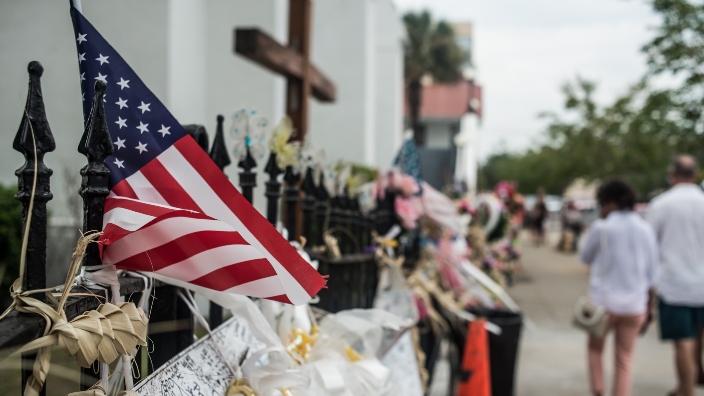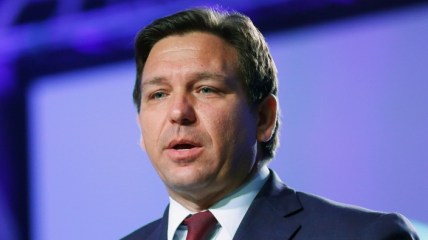Seven years after Charleston massacre, racial equity group starts work with optimism, suspicion
Nearly a decade after nine people were slain in a historic Black church, a new commission pushes for racial equity in Charleston.
Nearly a decade after nine parishioners at a historic Black church in Charleston, South Carolina, were killed by a white supremacist sympathizer, a new commission in the city is focused on developing racial equity.
Charleston City Councilman Jason Sakran shared with The Post and Courier some of the challenges he and other members of its Human Affairs and Racial Conciliation Commission are facing in trying to help the historic city reconcile its history as one of the first trading posts of enslaved people on America’s shores.

The board was created to “confront racism” in the city, particularly after Dylan Roof’s 2015 murder of nine people at Emanuel AME Church. The commission notes that there could be extensive economic gains for everyone in the region if longstanding racial gaps in areas such as wealth, education, health and hiring are closed.
“There is a disconnect in the community, particularly the white community, around this work and what it actually means,” Sakran, who is white, told The Post-Courier. Sakran, the interim chair of the commission, says its focus is not on putting blame on white people, but on addressing barriers to opportunity.
Tracy Doran, president of the Humanities Foundation, was one of several expert volunteers involved in the temporary committee on equity, inclusion and racial conciliation formed in 2020 after the police murder of George Floyd in Minneapolis. The group returned a 545-page report.
“I thought we could come in and do this work,” said Doran, “and we could make things better right away. I realized that’s not the case.”
Most of the Charleston City Council voted against formally accepting the committee’s recommendations, offered for consideration more than action, reports said.
The Human Affairs and Racial Conciliation Commission was installed by the City Council in February of this year, but it is not permanent and will be reviewed and reauthorized every three years. Despite some pushback, there is hope for this commission.
“We’re the perfect place to be a leader in addressing issues of race and conciliation,” Charleston Mayor John Tecklenburg said. “It may seem ironic, in a way to some people, but that adds to the beauty of us pursuing this and doing it here.”
TheGrio is FREE on your TV via Apple TV, Amazon Fire, Roku and Android TV. Also, please download theGrio mobile apps today!

